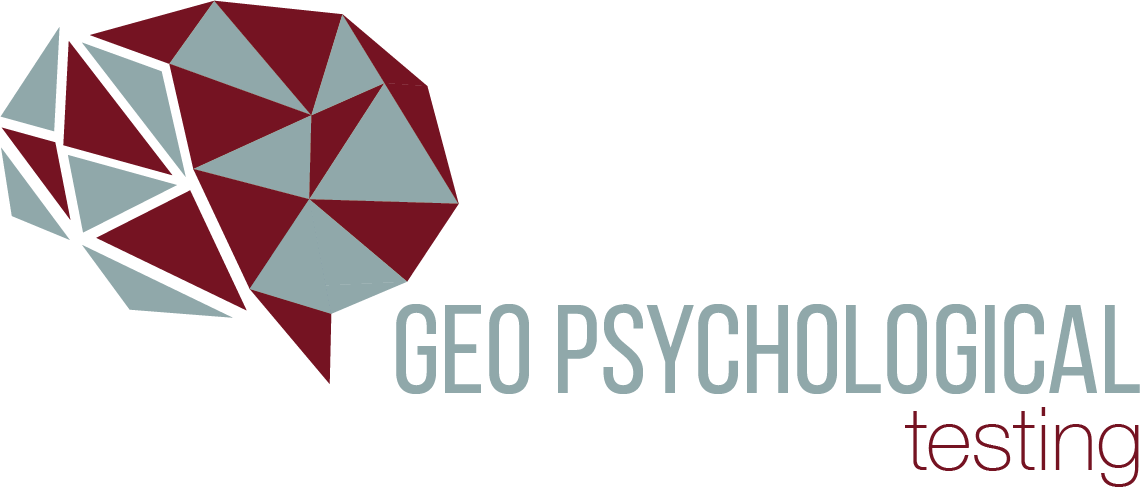What is an Emotional Disturbance?
According to IDEA, an emotional disturbance is a condition and disability in which a child exhibits one or more specific characteristics over a long period of time and to a marked degree that adversely affects a child’s educational performance.
What are the Signs?
Emotional disturbances can affect a child in areas beyond the emotional. Depending on the mental disorder involved, it may affect physical, social, or cognitive skills. These include:
-
- Hyperactivity, including short attention span and impulsiveness
- Aggression or self-injurious behavior, such as acting out, fighting or abnormal mood swings
- Withdrawal, which the child may hold excessive fear or anxiety and does not interact with others
- Immaturity, such as inappropriate crying, temper tantrums, and poor coping skills
- Learning difficulties and performing below grade level
Below are additional signs that an emotionally disturbed child may possess.
-
- Emotionally disturbed children have an inability to learn that cannot be explained by intellectual, sensory, or health factors.
- They may be unable to develop and keep appropriate, satisfactory social relationship with family, peers, and adults in the school system.
- They may have a tendency is display inappropriate behavior, feelings or distorted thinking in response to normal situations.
- They may be inclined to develop negative psychical symptoms of fears related to personal or school problems.
- They acquire a general pervasive mood of unhappiness or depression.
Emotional Disturbance Testing in The Woodlands
Many children who don’t have emotional disturbance may display some of these same behaviors, however, those with emotional disturbances will continue these behaviors over long periods of time. Therefore, proper testing is necessary for accurate diagnosis and ongoing support.
Geo-Anna Q. Hirshenbaum PhD, a Licensed Clinical Psychologist, provides emotional disturbance testing in The Woodlands, Texas. Through careful analysis, Dr. Hirshenbaum’s assessment process allows for diagnostic clarity and individualized recommendations to move forward in pinpointing issues of distress, planning effective treatment, and reaching personal goals.

